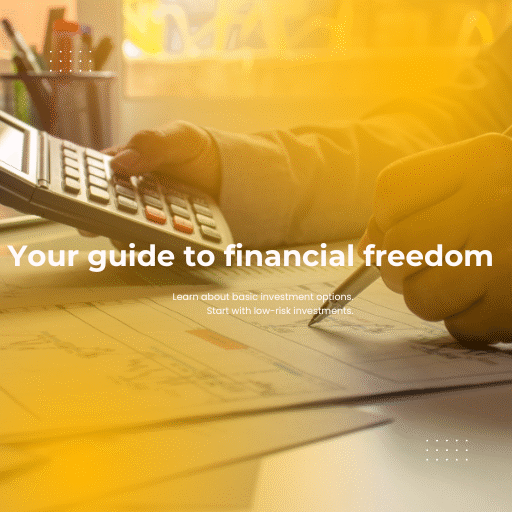In a world where technology continues to evolve rapidly, managing personal finances has become easier than ever thanks to a plethora of budgeting apps available at our fingertips. These apps not only help individuals track their expenses but also offer insights into their spending habits, savings goals, and overall financial health. As we look ahead to 2025, here are some top budgeting apps that are set to make managing money a breeze.
1. **Mint**: Mint is a popular budgeting app that allows users to link their bank accounts, credit cards, and bills in one place. It automatically categorizes transactions, provides personalized budget suggestions, and sends alerts for upcoming bills.
2. **You Need a Budget (YNAB)**: YNAB follows a zero-based budgeting approach, where every dollar has a job. Users can set financial goals, track their progress, and adjust their budgets accordingly.
3. **PocketGuard**: PocketGuard gives users a snapshot of their financial situation in real-time. It tracks income, expenses, and savings goals, making it easy to see where money is going and where adjustments can be made.
4. **GoodBudget**: GoodBudget is based on the envelope system, where users allocate funds to different categories or envelopes. It promotes mindful spending and helps users stay on track with their budgets.
5. **Personal Capital**: While known for its investment tools, Personal Capital also offers budgeting features. It tracks net worth, investments, and cash flow to provide a comprehensive view of one’s financial status.
6. **Honeydue**: Honeydue is designed for couples to manage their finances together. It allows partners to track shared expenses, set budget limits, and communicate about money matters seamlessly.
7. **Wally**: Wally is a simple budgeting app that lets users manually log expenses and income. It also offers insights into spending patterns and helps users set savings goals.
8. **Albert**: Albert combines budgeting tools with automated savings features. It analyzes spending patterns, identifies areas for improvement, and transfers money to savings automatically.
9. **EveryDollar**: EveryDollar, created by personal finance guru Dave Ramsey, follows a zero-based budgeting approach. It helps users track expenses, save for goals, and stay on top of their finances.
10. **Clarity Money**: Clarity Money uses AI to analyze spending habits and suggest ways to save money. It also identifies subscriptions that users may want to cancel to free up funds.
11. **Truebill**: Truebill focuses on helping users lower their bills by negotiating with service providers on their behalf. It also tracks subscriptions and offers insights into spending habits.
12. **PocketSmith**: PocketSmith offers advanced budgeting features, including forecasting future finances based on current spending trends. It helps users plan ahead and make informed financial decisions.
13. **Spendee**: Spendee is a visually appealing budgeting app that tracks expenses across multiple accounts. It offers customizable categories, budgeting goals, and insights into spending habits.
14. **Tiller Money**: Tiller Money automates budgeting by importing financial transactions into a customizable spreadsheet. It provides a more hands-on approach to budgeting for users who prefer spreadsheets over traditional apps.
In conclusion, the future of budgeting looks promising with these innovative apps that cater to various financial needs and preferences. Whether you’re looking to track expenses, save for goals, or improve your overall financial literacy, there’s a budgeting app out there to help you achieve your financial objectives in 2025 and beyond.


